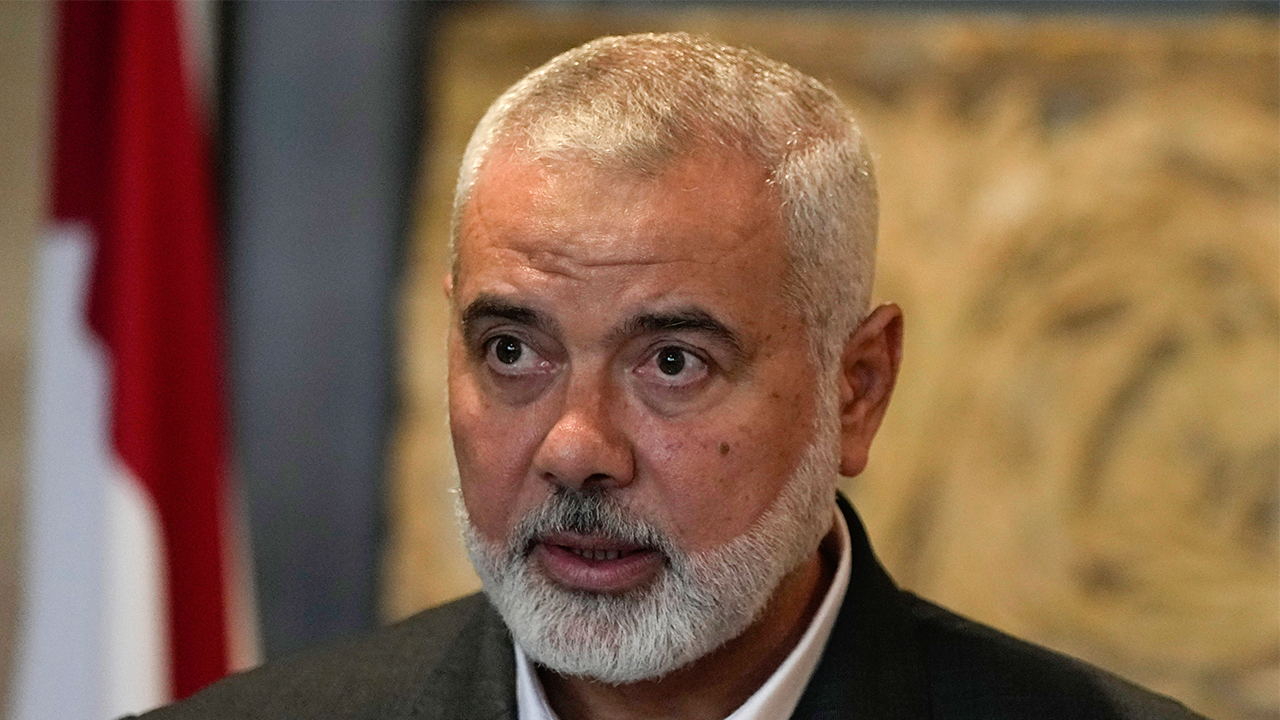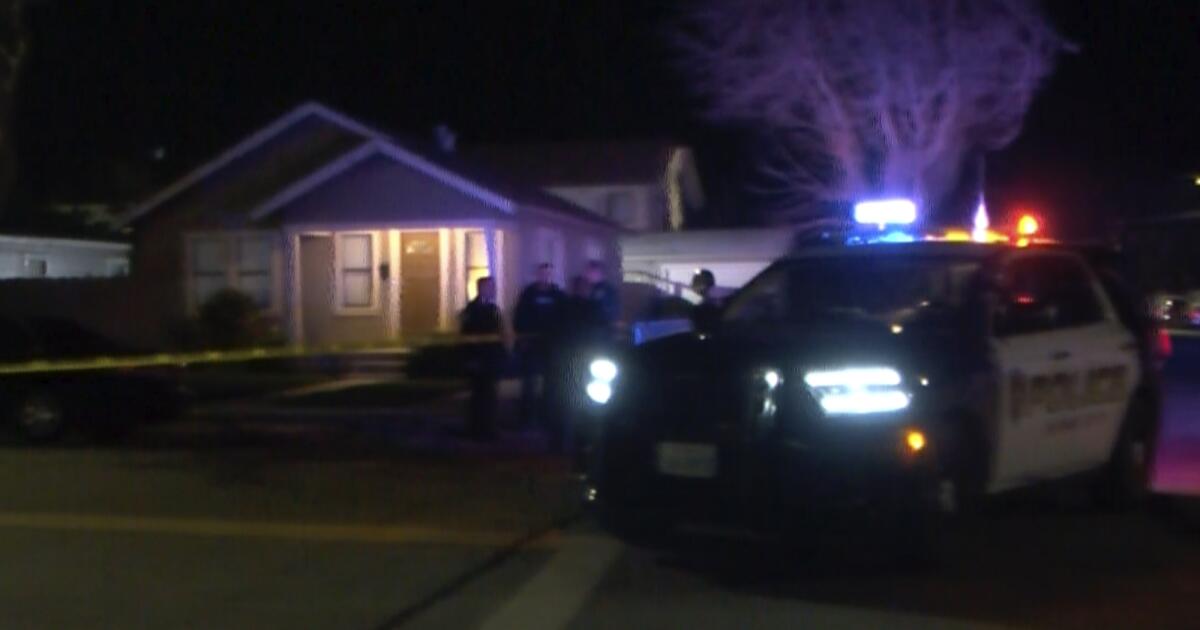A member of a historic church in South Los Angeles pointed out to Councilman Marqueece Harris-Dawson on Sunday that an iconic item was missing from the building: a bronze plaque.
The Bethel AME Church plaque had weathered the Great Depression, segregation and other economic crises, only to disappear a couple of weeks ago, Harris-Dawson said. The plaque may have been stolen amid a wave of copper and brass wire thefts across the city.
“I think we have a mutation of petty theft that we need to look at seriously and deeply,” said Harris-Dawson, whose district has also seen “stretches” of streets targeted by thieves.
The anecdote was shared at the end of a nearly hour-long debate Wednesday, in which more than half of the City Council spoke, regarding the approval of motions by Councilors Kevin de León and Traci Park to stop the theft of copper wire . Beyond the wire theft, the stimulating conversation illuminated council members' different approaches to crime, with some wanting more preventive efforts and others pushing for accountability.
The motions, which passed by a vote of 13 to 2, will create a working group with the Los Angeles Police Department and the Bureau of Street Lighting and establish a rewards program to encourage the public to submit information about the robberies.
Councilwoman Eunisses Hernández said the rewards program “omits critical steps to understand the root of this problem.”
“Instead of expanding the city's efforts and resources into a rewards program that doesn't intervene until the damage is done and focuses on punitive measures, why don't we investigate how we can prevent this cycle together?” said Hernández, who voted no to the motions.
Hernandez praised a Jan. 9 motion introduced by Councilwoman Heather Hutt that called for an examination of replacing copper wires with solar-powered lighting. Efforts like those, Hernandez said, address the root causes of the problem rather than spending money on “Band-Aid solutions.” (Hutt did not speak during Wednesday's discussion, but she voted to approve both motions.)
Councilwoman Mónica Rodríguez defended the rewards program, noting that accountability was necessary to avoid greater expenses for taxpayers.
“We cannot facilitate their entry into these systems, steal the copper cable, charge it and create a greater threat to public safety,” Rodríguez said of the thieves.
Council President Paul Krekorian redirected the council's attention to “unscrupulous buyers of stolen metal,” who he said were the “real source” of the problem.
Since November, Krekorian and City Atty. Hydee Feldstein Soto has been targeting those who receive stolen metal. She said the way to prevent crime was to make it unprofitable.
From within his district, Port Area Councilman Tim McOsker lamented the loss of plaques at the American Merchant Marine Veterans Memorial, as well as other memorials dedicated to fishing industry families and dockworkers.
McOsker noted that Los Angeles Port Police had arrested three people: Dionzay Tisby, 42, Brittany Draper, 37, and Deona Jackson, 28, on suspicion of grand theft related to the license plate thefts.
Councilman Hugo Soto-Martínez joined Hernández in opposing the motions, although he had initially supported the idea. He asked his colleagues to understand that robberies can be committed by people living in poverty who are driven to acts of desperation.
Soto-Martínez urged the council to be “smart legislators” and make prevention efforts.
Newsletter
Get all the information on Los Angeles politics
Sign up for our Los Angeles City Council newsletter for weekly insights, scoops and analysis.
You may occasionally receive promotional content from the Los Angeles Times.
“It's not just about getting rewards and criminalizing, and I understand that that's probably part of the solution. But at the end of the day, it's not going to solve the problem,” Soto-Martínez said.
In response, Councilwoman Imelda Padilla acknowledged Soto Martínez's point of view on poverty, but disagreed that those responsible were “impoverished criminals.”
“This is really high-level, sophisticated, intelligent, organized crime,” he said.
Councilman John Lee also responded to Soto-Martinez, pointing out that funds he wishes he could spend on youth centers or community programs are instead going toward costly measures to deter thieves.
“We focus on the person who commits the crime and no longer on the victim,” he said. “I don't understand why we shouldn't examine everything we have at our disposal.”
De León said he appreciated the variety of perspectives on the issue, but clarified that the motions were intended to prioritize public safety and address residents' concerns.
In late December, thieves stole a third of the copper cables from the 6th Street Viducto. De León, whose district includes the structure, said individuals could receive a “street value” of $11,000 for the stolen material. . But repairs will cost taxpayers $2.5 million.
“This is not criminalizing this act,” De León said, “because it is already a crime.”












